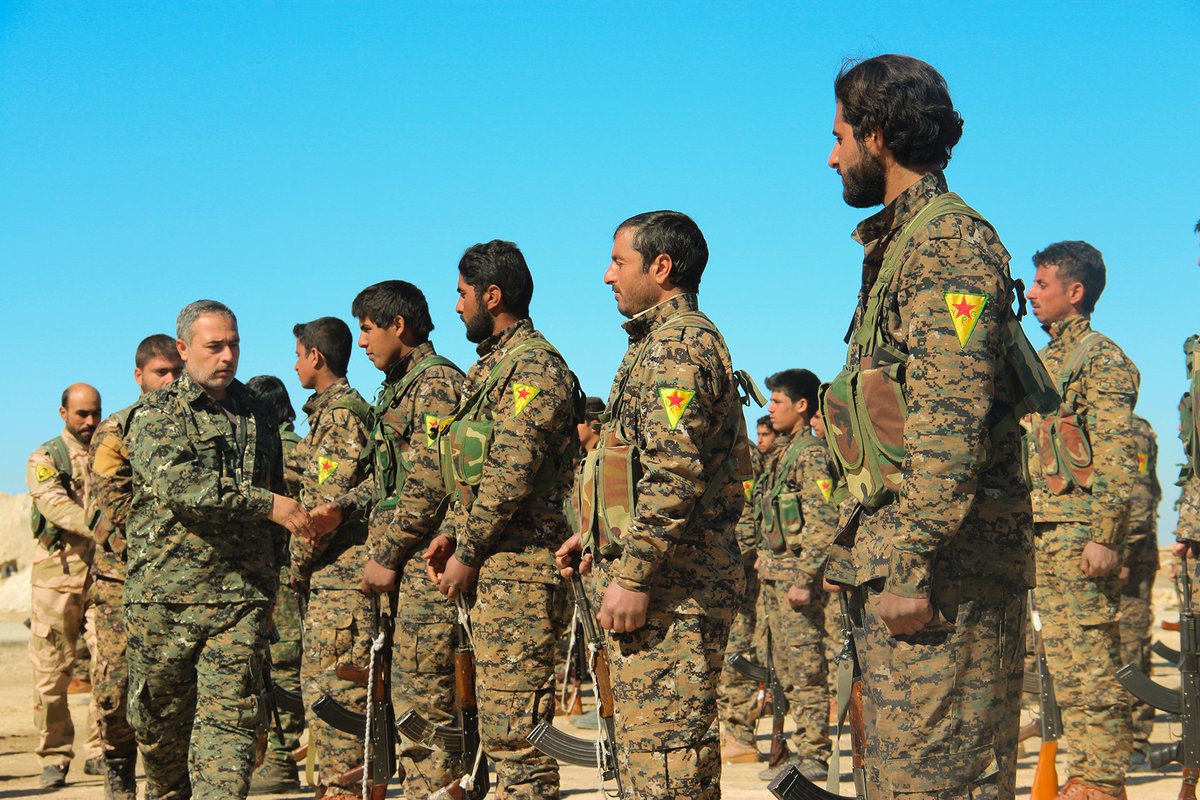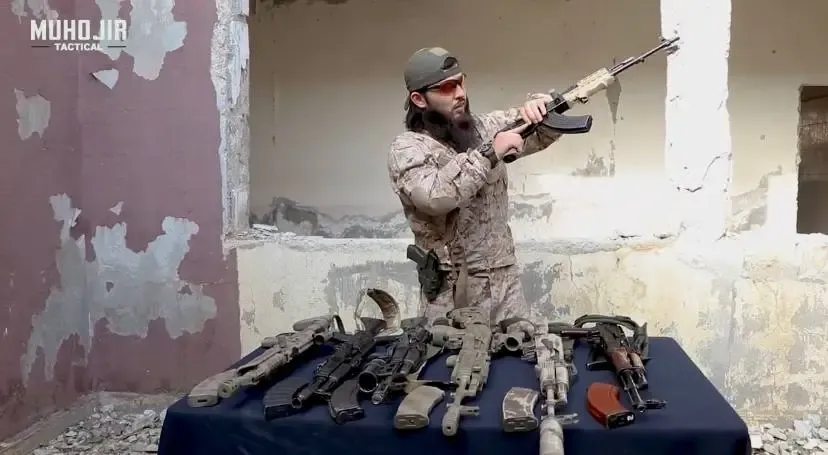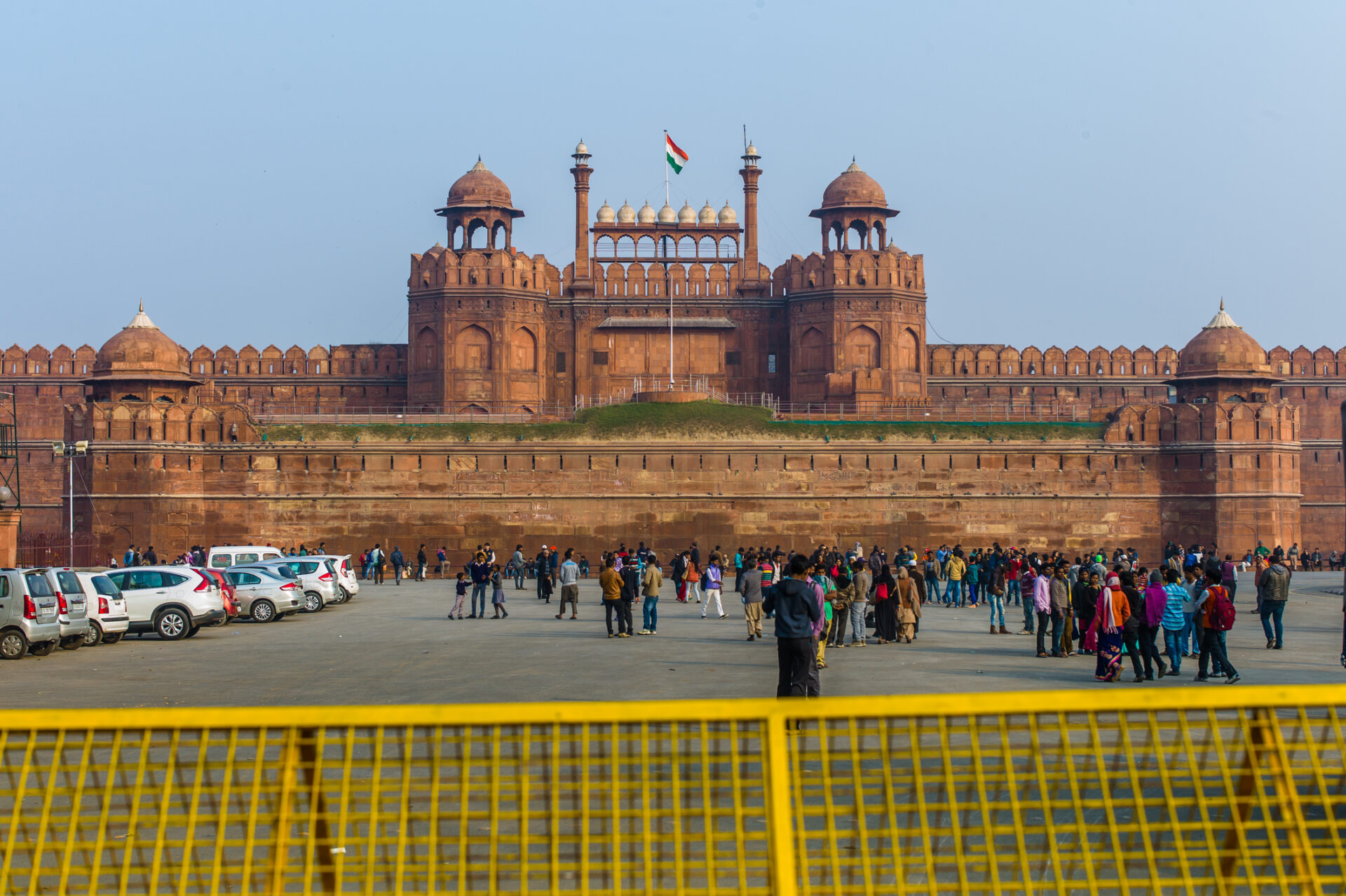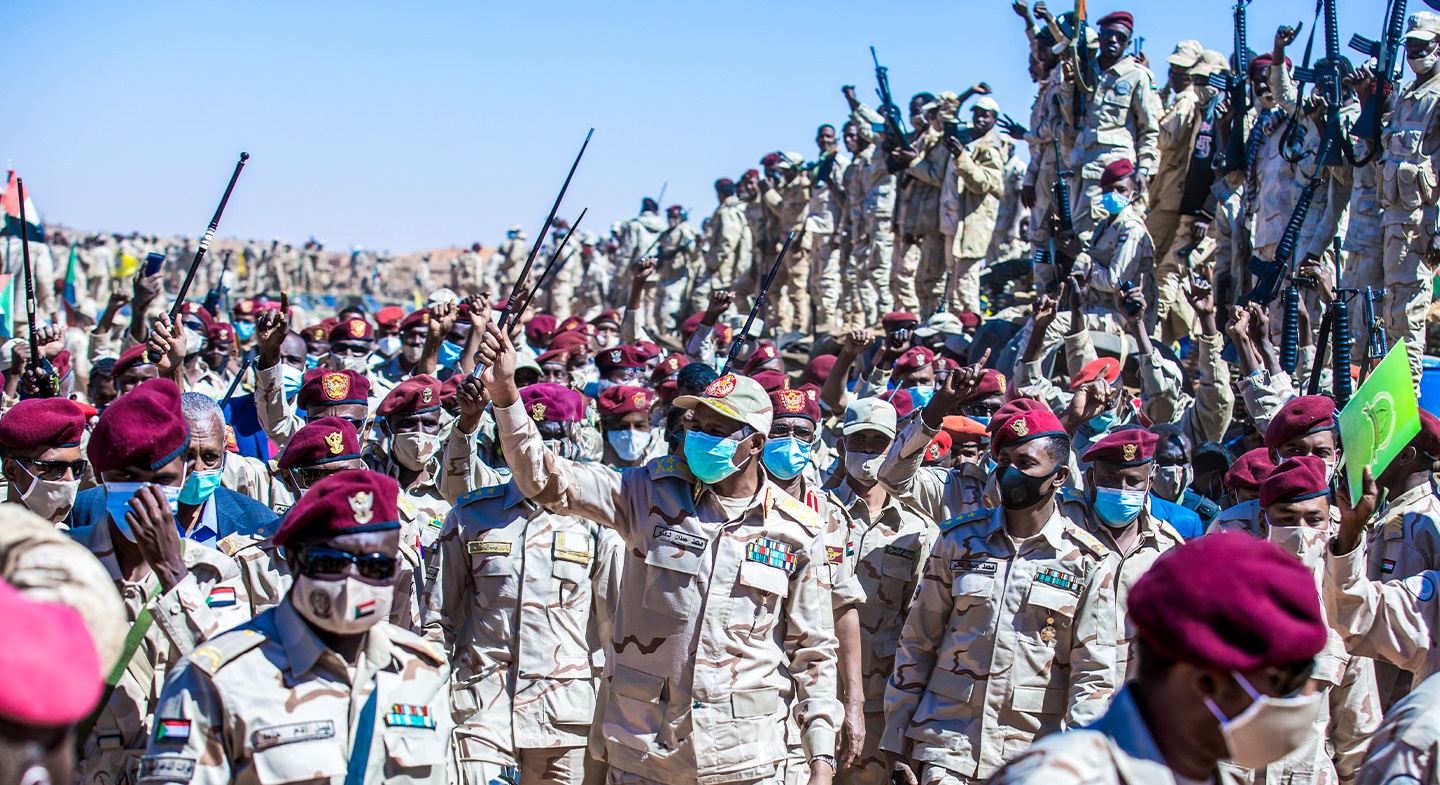
Russia a Fair-Weather Friend for Syria’s Kurds
Russia a Fair-Weather Friend for Syria’s Kurds
In the kaleidoscopic, ever-shifting array of factions that characterize the Syrian civil war, allegiances can shift in surprising ways. Nowhere is this more evident than in the relationship between Russia and the Kurds.
In theory, the two sides should be diametrically opposed. Moscow is heavily invested in supporting the regime of President Bashar al-Assad. Assad’s forces oppose the self-proclaimed Kurdish territory of Rojava, located in the northern governorates of al-Hasakh, Aleppo and Raqqa (now renamed by the Kurds as the cantons of Afrin, Jazira and Kobani).
Yet in March 2017, reports surfaced that Russia was constructing a military facility in Rojava-controlled Afrin, technically part of the Aleppo governorate (The New Arab, March 20). Russian military advisors are to provide training to Kurdish armed units, particularly in counter-terrorism. Russia played down the move, saying it had no plans for additional bases in Syria (al-Jazeera, March 20). But Turkey remained unconvinced, its officials are concerned that they had not at least been consulted (Hürriyet Daily News, March 22).
Many analysts see the unlikely Kurdish alliance with Moscow as a result of the limited political objectives of the Kurds, who aim for self-governance and autonomy rather than regime-change in Damascus. However, this explanation is insufficient in itself. Kurdish forces have intermittently fought against government forces, and while Kurdish ambitions for Rojava are limited, they are still antithetical to the unitary state over which Assad believes he can still regain control.
It is more the case that combatting Rojava is not yet a high priority for the Syrian government. This permits Russia some room for maneuver when it comes to cooperating with the Kurds. For Russia, such cooperation fulfills two purposes: it maintains political pressure on Turkey, and therefore NATO, and it supports a co-belligerent against Islamic State (IS) and other Islamist non-state armed groups (NSAGs).
Kurdish Political Objectives
The modest political ambitions of the Kurds’ self-proclaimed territory are crucial in “unlocking” Russian support for Rojava. While the initial July 2012 campaign by the People’s Protection Units (YPG), effectively Rojava’s armed forces, focused on expelling Syrian military and security units from the cities of Afrin and Kobani, fighting was restricted to minor skirmishes, with government forces choosing to withdraw rather than defend their positions (Irin News, August 2, 2012). Further territorial gains by the YPG were concentrated in northern areas of the country with large Kurdish populations.
Notably, Rojava has not sought a military campaign striking deeper into Syrian government territory, choosing instead to solidify and defend its hard-won autonomous zone. A March 2016 declaration by the Democratic Union Party (PYD), the Kurdish governing party of Rojava, described the territory as autonomous, rather than independent of Damascus. In fact, the document specifically rejected the full-scale division of Syria and made no call for Assad’s removal. There has even been some limited tactical cooperation between the regime and the Kurds, for instance a joint operation against IS to defend the government-controlled city of Hasakah (al Arabiya, July 20, 2015).
However, Syrian hostility toward Rojava should not be underestimated. Regime officials have rejected Kurdish proposals even for limited autonomy within a federal Syria (Rudaw, February 24). Examples of on-the-ground tactical cooperation do not change the fact that the two factions are strategically opposed. Russia’s security concerns, however, mean Moscow’s viewpoint differs somewhat from that of Damascus on the issue.
Russian Concerns
It is difficult to overemphasize the threat Russian officials perceive IS as posing to Russia’s own national security. Northern Syria is about 1,250 kilometers (km) from Russia’s restive southern Chechnya region, which has its own Islamist insurgency. In March 2017, for example, IS claimed it was behind an attack on Russian military units in the area (DW, March 25). There are at least 2,500 Russians fighting for IS and other Islamist groups in Syria, and an outmigration of these fighters back into Russian territory is a serious concern for the Russian security apparatus. Several terrorist attacks not only in the southern regions of Russia, but also in the major western city of Saint Petersburg, have been attributed by the Russian security services to Islamist terror groups.
From Moscow’s perspective, therefore, IS is a (if not the) primary security threat. Given the effectiveness of Kurdish armed units in tackling IS in Syria, it should be no surprise that Russia is willing to cooperate with Rojava in order to bolster the YPG’s kinetic capability and personnel training levels.
Russian support also reflects Moscow’s calculations as regards Turkey. On November 24, 2015, Turkish air-defense systems shot down a Russian fighter aircraft conducting operations in Syria. This dramatically worsened Russo-Turkish relations to the point where open conflict seemed a genuine possibility. Relations have since improved, predicated around shared counter-terrorism concerns, and are now almost fully normalized (al-Monitor, March 13). Nonetheless, Turkey remains staunchly opposed to the Assad regime, and its seven-month-long Euphrates Shield operation, which officially came to an end in March, demonstrated that Ankara is willing and able to intervene directly in Syria to advance its own geopolitical interests (see Terrorism Monitor, September 16, 2016).
To that end, it seems likely that Russian support for Rojava serves a secondary purpose — that of hampering Turkish military operations in northern Syria. Turkey sees no difference between the YPG and the Kurdistan Worker’s Party (PKK, Partiya Karkerên Kurdistanê), a Kurdish separatist insurgency that has been intermittently fighting Ankara since the 1980s. It is in Russia’s interest to amplify the threat Turkey perceives Rojava to pose as much as possible, as it will divert the attention of the Turkish armed forces toward the Kurds and away from Assad’s troops, or from participation in any potential upswing in anti-Russian NATO activities. Furthermore, the door remains open for a rapid escalation in Russian support for the YPG, should relations between Ankara and Moscow deteriorate or if Russia perceives Turkey to be encroaching on its strategic ambitions within Syria.
Moreover, Turkey remains a NATO member, and Russia’s own 2016 national security strategy identifies the alliance as one of the primary threats to Russian national security (Russian National Security Strategy, December 2015). Supporting a hostile actor on Turkey’s southern flank, therefore, allows Moscow room to rapidly escalate its aid for Rojava, dependent on the perceived threat from NATO.
The Road Ahead
Ultimately, Kurdish-Russian cooperation comes down to target prioritization by Moscow. In a conflict as complicated as that in Syria, strategic calculations are made not on the basis of ideological coherence or deep-rooted alliances, but by the threat-level each particular group poses to the other at any given moment.
Russia at present prioritizes combating IS and tying up the Turkish armed forces by promoting a semi-rogue Kurdish territory that poses little immediate threat to Assad’s Syrian state and none whatsoever to Russia.
However, with the eventual military defeat of IS in Syria, or in the event of a de-escalation with NATO, Moscow’s own priorities will shift and Rojava will likely find itself in the scope of the Russian military machine. Should IS’ de facto capital of Raqqa fall to government forces, for instance, Russia is highly likely to withdraw its backing for Rojava, just as the Kurdish territory becomes a greater priority for Syrian forces.


